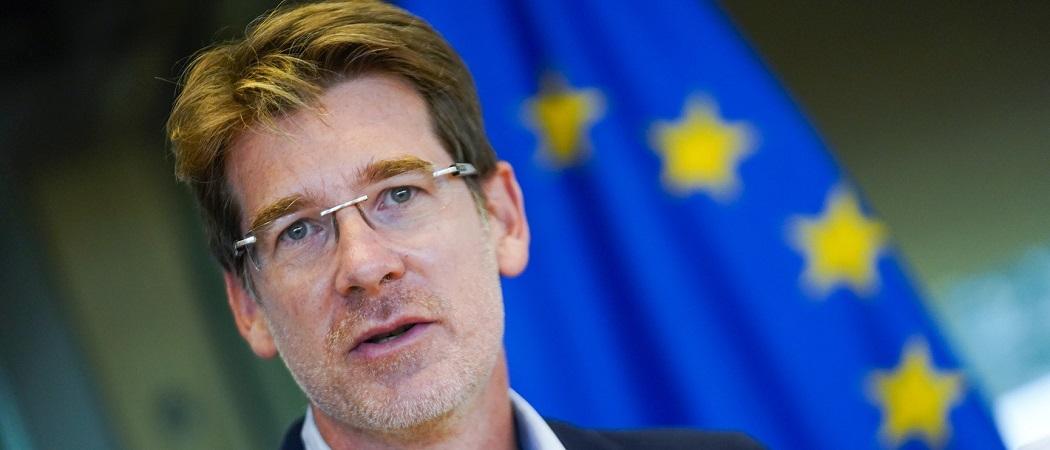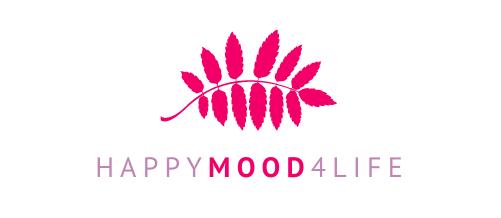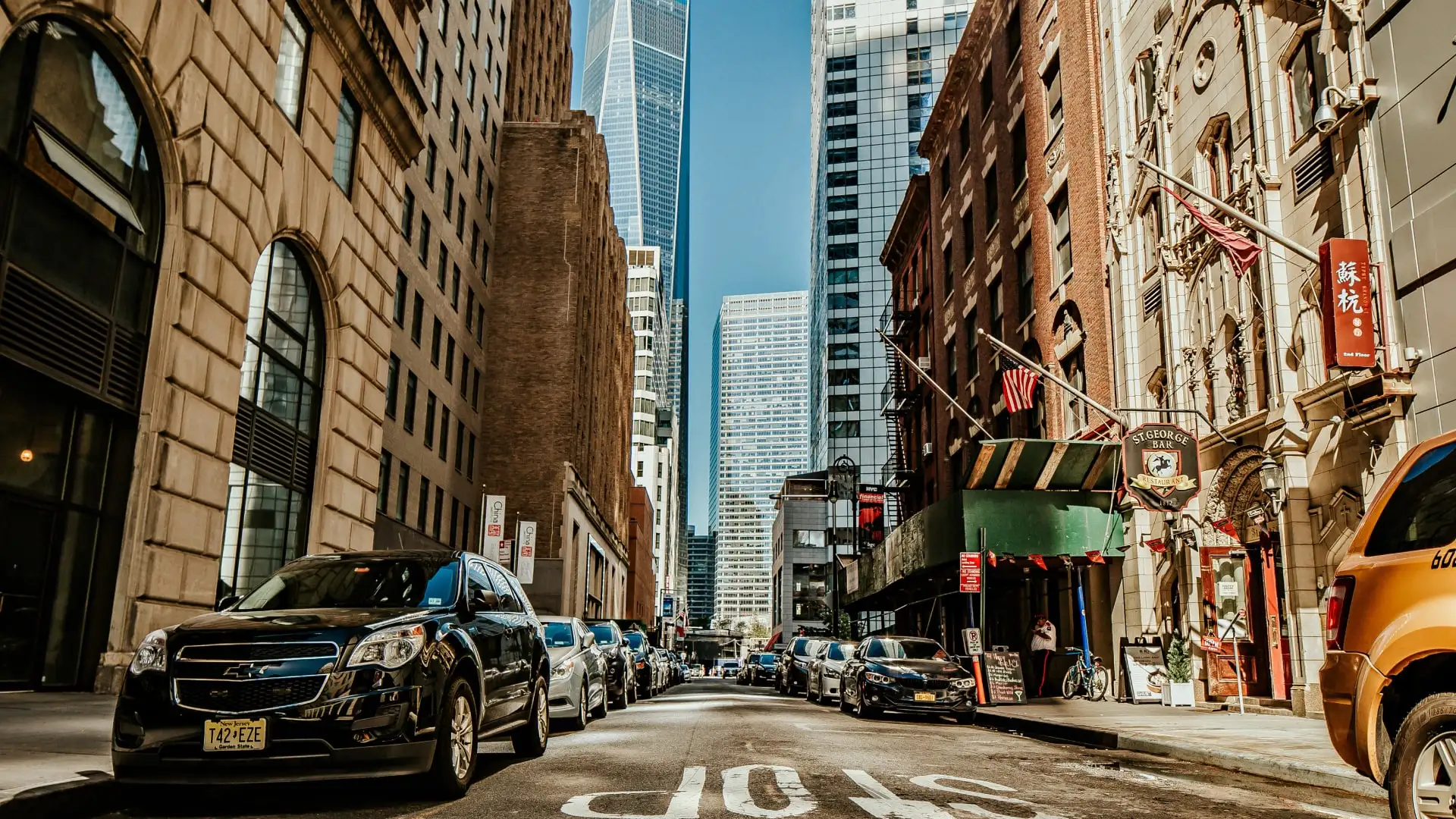
Politicians accuse manufacturers of lack of transparency over multi-million deals with Brussels, and raise concerns over exemptions from legal action in case vaccines go wrong

Pascal Canfin, chair of ENVI, the parliamentary committee on the environment, public health and food safety. Photo: European Parliament.
Companies developing Covid-19 vaccines were forced to defend their multi-million euro supply deals with the EU before sceptical members of the European Parliament, as scrutiny over the terms of advance purchase agreements intensifies around Europe.
The European Commission is pouring huge amounts of cash into COVID-19 vaccines development, and has agreed outline deals to purchase millions of doses from companies including AstraZeneca, Sanofi and GlaxoSmithKline, on behalf of all 27 member states.
“There’s wide support for these contracts and for public investment in vaccines in general,” said Pascal Canfin, chair of ENVI, the parliamentary committee on the environment, public health and food safety. “But we’re questioning what we get in terms of transparency. We don’t have answers on specific terms and provisions,” he said.
Vaccines companies told MEPs during a special hearing that “commercial confidentiality” justifies a certain amount of secrecy in their supply contracts with the EU.
Executives also explained to MEPs why drug companies should be indemnified if there are any claims from people who are harmed by a coronavirus vaccine.
Any adverse effects of a COVID-19 vaccine should be dealt with via a “no-fault compensation scheme”, said Sue Middleton, president of Vaccines Europe, part of the industry lobby European Federation of Pharmaceutical Industries and Associations.
While liability exemptions are common in the US, this is not the case in Europe. Middleton said that such an arrangement is critical to “increasing confidence in vaccines”. Currently, there are exemptions in 11 EU countries only.
Exemption from civil liability is key for vaccines, agreed Jean Stéphenne, chair of the board of Germany’s CureVac, which has one of the most advanced COVID-19 vaccines in development.
“Industry has to be protected,” Stéphenne said. “[We] have new technology that needs to be protected. The cost of a vaccine is around €1 billion: how can you ask a private company to spend this on its own? It’s also a public responsibility.”
Thomas Triomphe, executive vice president of Sanofi Pasteur, which is working on two vaccines, noted EU money is being paid on completion of development milestones, and would stop if vaccines fail in clinical trials.
“It’s payment for performance. If our vaccine is not authorised, full payment will not be asked for,” Triomphe said. “There will be an opportunity for states to opt out.” He promised rolling results and updates for MEPs throughout the development process.
Vaccines pricing
MEPs also pressed companies on the price of any eventual vaccines, given reports US-based Moderna, one of the developers in talks with the commission, has been suggesting its vaccine will cost in the range of $50 to $60 for a two-dose course.
Triomphe said prices would not be known until later in the development process, but there will be “a low price point”. Middleton said pricing between €5 and €15 is foreseeable.
Prices will also be tiered, meaning poorer countries pay less.
Sidney Wong, director of the Médecins Sans Frontières Access Campaign, warned MEPs countries have to do more to ensure access in the world’s poorest countries.
The EU has announced a €230 million deal for the purchase of 88 million doses for 92 low and middle income countries. “This will cover less than 2 per cent of the poorest people in the world,” Wong noted.
Any sales royalties for the vaccine under development at Imperial College London will be waived, said Robin Shattock, who is leading the research. The Imperial vaccine is currently being tested on 400 volunteers. A much larger trial, involving 20,000 people, will be launched later this year, he said.
“We’re looking at potential approval by mid-2021,” Shattock said, while Stephenne said the Curevac vaccine could be ready in “six to nine months”.
Pressure to approve
MEPs asked for assurances that vaccines would not be rushed through authorisation this year, with Canfin pointing to costly procurement mistakes over masks and ventilators, which led to a “chaotic mess” at the beginning of the crisis.
“There is also one famous politician who may put pressure on vaccine approval before November 3,” said German MEP Peter Liese, voicing fears that Donald Trump could push for a vaccine breakthrough before the US election.
Fergus Sweeney, head of the European Medicines Agency’s clinical studies and manufacturing task force, told MEPs that the process of clearing any vaccine would follow all the usual steps to safeguard patient safety. “We expect data on up to 30,000 people per vaccine,” he said.
Even if COVID-19 vaccines are approved, getting them to the people who need them most will be a big challenge.
The terms of the EU’s advanced purchase agreements with vaccine manufacturers provide upfront funding to scale-up manufacturing. Even so, there are likely to be supply constraints next year, warned Middleton.
“To vaccinate half of the human population, we’ll need eight billion doses. Today, global capacity is about five billion vaccine doses per year. So you can see the scale of the challenge we’re facing,” she said.
Manufacturers are bullish on supply figures, with Sanofi aiming for one billion doses by the end of 2021, said Triomphe.
Shattock said he expects “wide acceptance” of the vaccine among vulnerable groups, but the level of enthusiasm for mass vaccination in the general population is “less clear”.







